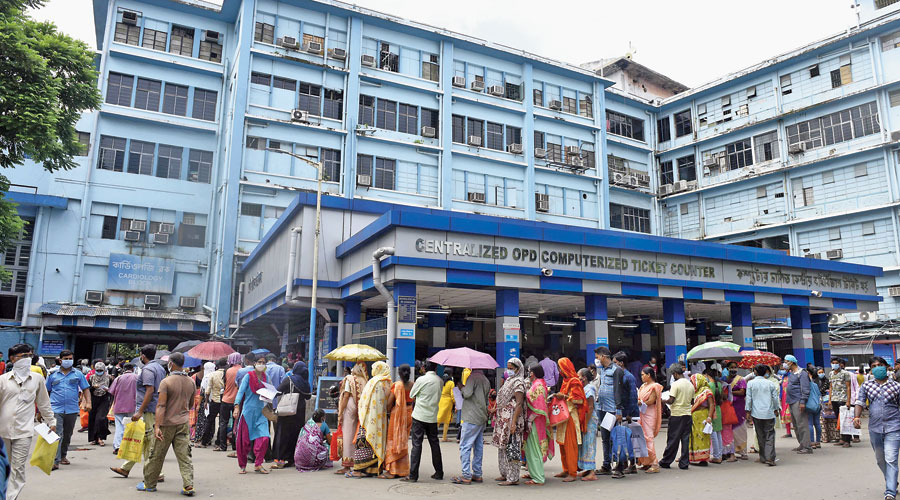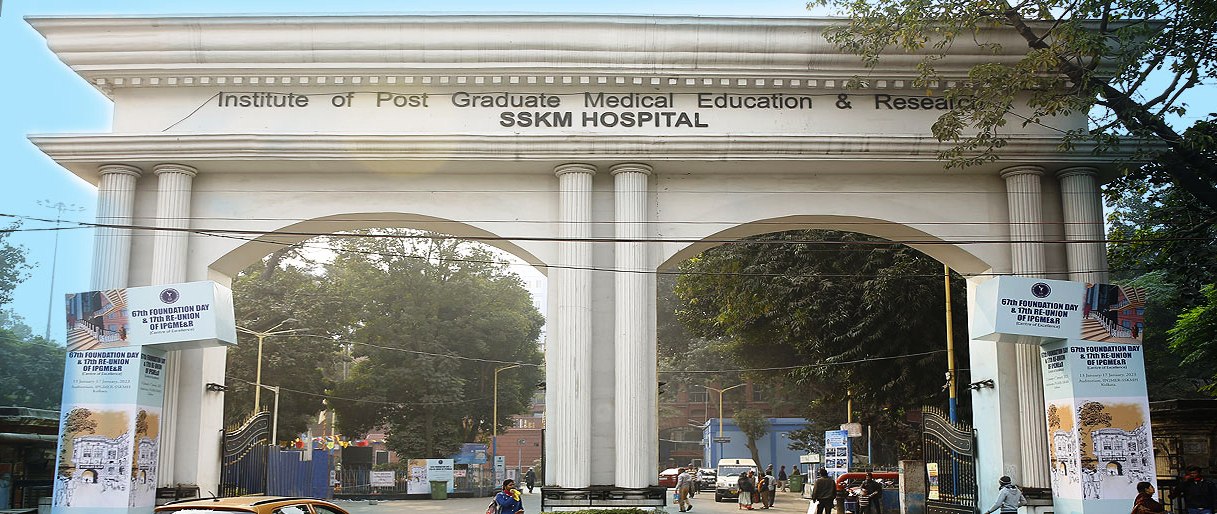Gastrointestinal (GI) Surgery
- 28th May, 2025
- 0 Comments
- 54
- Healthcare
Gastrointestinal (GI) Surgery is a specialized field of surgery that focuses on the diagnosis, treatment, and management of disorders and diseases affecting the digestive system.
_Subspecialties of GI Surgery_
1. Upper GI Surgery: Esophagus, stomach, and small intestine.
2. Lower GI Surgery: Colon, rectum, and anus.
3. Hepatobiliary Surgery: Liver, gallbladder, and bile ducts.
4. Pancreatic Surgery: Pancreas and pancreatic disorders.
5. Minimally Invasive GI Surgery: Laparoscopic and endoscopic procedures.
_Common GI Surgical Conditions_
1. Hernias (hiatal, inguinal, umbilical)
2. Gallstones and cholecystitis
3. Appendicitis
4. Diverticulitis
5. Inflammatory bowel disease (IBD)
6. Gastroesophageal reflux disease (GERD)
7. Peptic ulcer disease
8. Colon cancer
9. Rectal prolapse
10. Achalasia
_GI Surgical Procedures_
1. Cholecystectomy (gallbladder removal)
2. Appendectomy (appendix removal)
3. Hernia repair
4. Fundoplication (GERD treatment)
5. Colon resection
6. Liver resection
7. Pancreatectomy (pancreas removal)
8. Esophagectomy (esophagus removal)
9. Gastrectomy (stomach removal)
10. Laparoscopic surgery
_GI Surgery Diagnostic Tests_
1. Endoscopy (EGD, colonoscopy)
2. Imaging studies (CT, MRI, ultrasound






No Comments For Now.